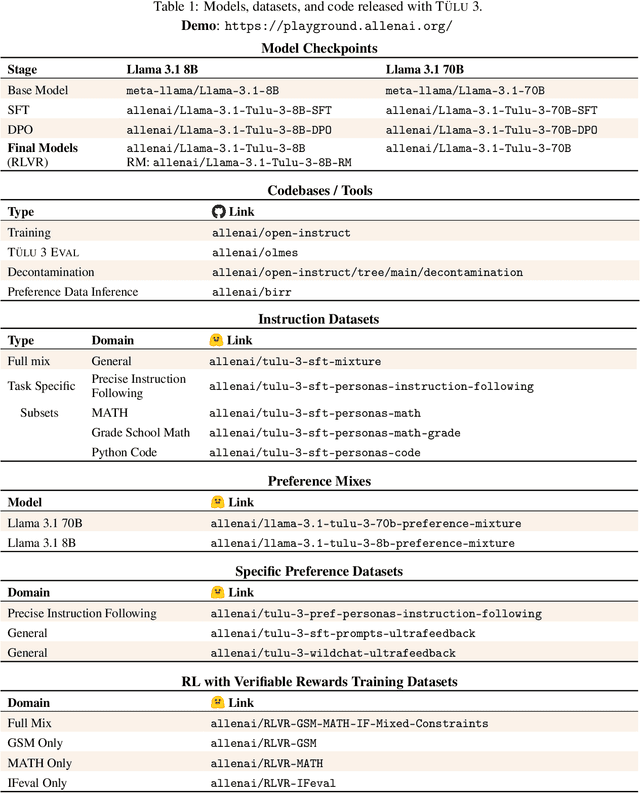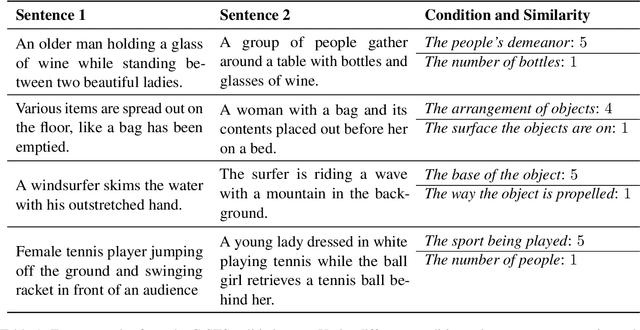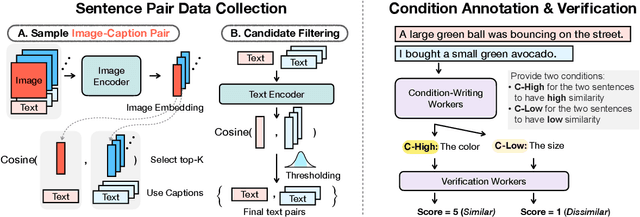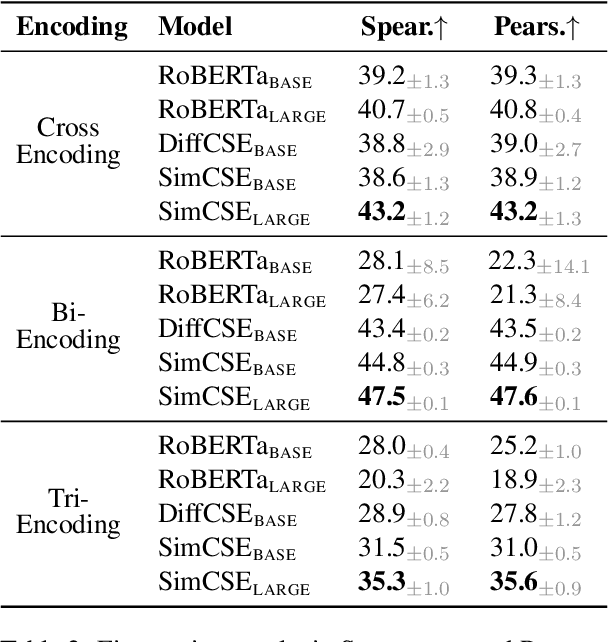Victoria Graf
Olmo 3
Dec 15, 2025Abstract:We introduce Olmo 3, a family of state-of-the-art, fully-open language models at the 7B and 32B parameter scales. Olmo 3 model construction targets long-context reasoning, function calling, coding, instruction following, general chat, and knowledge recall. This release includes the entire model flow, i.e., the full lifecycle of the family of models, including every stage, checkpoint, data point, and dependency used to build it. Our flagship model, Olmo 3 Think 32B, is the strongest fully-open thinking model released to-date.
Generalizing Verifiable Instruction Following
Jul 03, 2025Abstract:A crucial factor for successful human and AI interaction is the ability of language models or chatbots to follow human instructions precisely. A common feature of instructions are output constraints like ``only answer with yes or no" or ``mention the word `abrakadabra' at least 3 times" that the user adds to craft a more useful answer. Even today's strongest models struggle with fulfilling such constraints. We find that most models strongly overfit on a small set of verifiable constraints from the benchmarks that test these abilities, a skill called precise instruction following, and are not able to generalize well to unseen output constraints. We introduce a new benchmark, IFBench, to evaluate precise instruction following generalization on 58 new, diverse, and challenging verifiable out-of-domain constraints. In addition, we perform an extensive analysis of how and on what data models can be trained to improve precise instruction following generalization. Specifically, we carefully design constraint verification modules and show that reinforcement learning with verifiable rewards (RLVR) significantly improves instruction following. In addition to IFBench, we release 29 additional new hand-annotated training constraints and verification functions, RLVR training prompts, and code.
TÜLU 3: Pushing Frontiers in Open Language Model Post-Training
Nov 22, 2024



Abstract:Language model post-training is applied to refine behaviors and unlock new skills across a wide range of recent language models, but open recipes for applying these techniques lag behind proprietary ones. The underlying training data and recipes for post-training are simultaneously the most important pieces of the puzzle and the portion with the least transparency. To bridge this gap, we introduce T\"ULU 3, a family of fully-open state-of-the-art post-trained models, alongside its data, code, and training recipes, serving as a comprehensive guide for modern post-training techniques. T\"ULU 3, which builds on Llama 3.1 base models, achieves results surpassing the instruct versions of Llama 3.1, Qwen 2.5, Mistral, and even closed models such as GPT-4o-mini and Claude 3.5-Haiku. The training algorithms for our models include supervised finetuning (SFT), Direct Preference Optimization (DPO), and a novel method we call Reinforcement Learning with Verifiable Rewards (RLVR). With T\"ULU 3, we introduce a multi-task evaluation scheme for post-training recipes with development and unseen evaluations, standard benchmark implementations, and substantial decontamination of existing open datasets on said benchmarks. We conclude with analysis and discussion of training methods that did not reliably improve performance. In addition to the T\"ULU 3 model weights and demo, we release the complete recipe -- including datasets for diverse core skills, a robust toolkit for data curation and evaluation, the training code and infrastructure, and, most importantly, a detailed report for reproducing and further adapting the T\"ULU 3 approach to more domains.
Two Heads are Better than One: Nested PoE for Robust Defense Against Multi-Backdoors
Apr 02, 2024Abstract:Data poisoning backdoor attacks can cause undesirable behaviors in large language models (LLMs), and defending against them is of increasing importance. Existing defense mechanisms often assume that only one type of trigger is adopted by the attacker, while defending against multiple simultaneous and independent trigger types necessitates general defense frameworks and is relatively unexplored. In this paper, we propose Nested Product of Experts(NPoE) defense framework, which involves a mixture of experts (MoE) as a trigger-only ensemble within the PoE defense framework to simultaneously defend against multiple trigger types. During NPoE training, the main model is trained in an ensemble with a mixture of smaller expert models that learn the features of backdoor triggers. At inference time, only the main model is used. Experimental results on sentiment analysis, hate speech detection, and question classification tasks demonstrate that NPoE effectively defends against a variety of triggers both separately and in trigger mixtures. Due to the versatility of the MoE structure in NPoE, this framework can be further expanded to defend against other attack settings
CSTS: Conditional Semantic Textual Similarity
May 24, 2023



Abstract:Semantic textual similarity (STS) has been a cornerstone task in NLP that measures the degree of similarity between a pair of sentences, with applications in information retrieval, question answering, and embedding methods. However, it is an inherently ambiguous task, with the sentence similarity depending on the specific aspect of interest. We resolve this ambiguity by proposing a novel task called conditional STS (C-STS) which measures similarity conditioned on an aspect elucidated in natural language (hereon, condition). As an example, the similarity between the sentences "The NBA player shoots a three-pointer." and "A man throws a tennis ball into the air to serve." is higher for the condition "The motion of the ball." (both upward) and lower for "The size of the ball." (one large and one small). C-STS's advantages are two-fold: (1) it reduces the subjectivity and ambiguity of STS, and (2) enables fine-grained similarity evaluation using diverse conditions. C-STS contains almost 20,000 instances from diverse domains and we evaluate several state-of-the-art models to demonstrate that even the most performant fine-tuning and in-context learning models (GPT-4, Flan, SimCSE) find it challenging, with Spearman correlation scores of <50. We encourage the community to evaluate their models on C-STS to provide a more holistic view of semantic similarity and natural language understanding.
 Add to Chrome
Add to Chrome Add to Firefox
Add to Firefox Add to Edge
Add to Edge